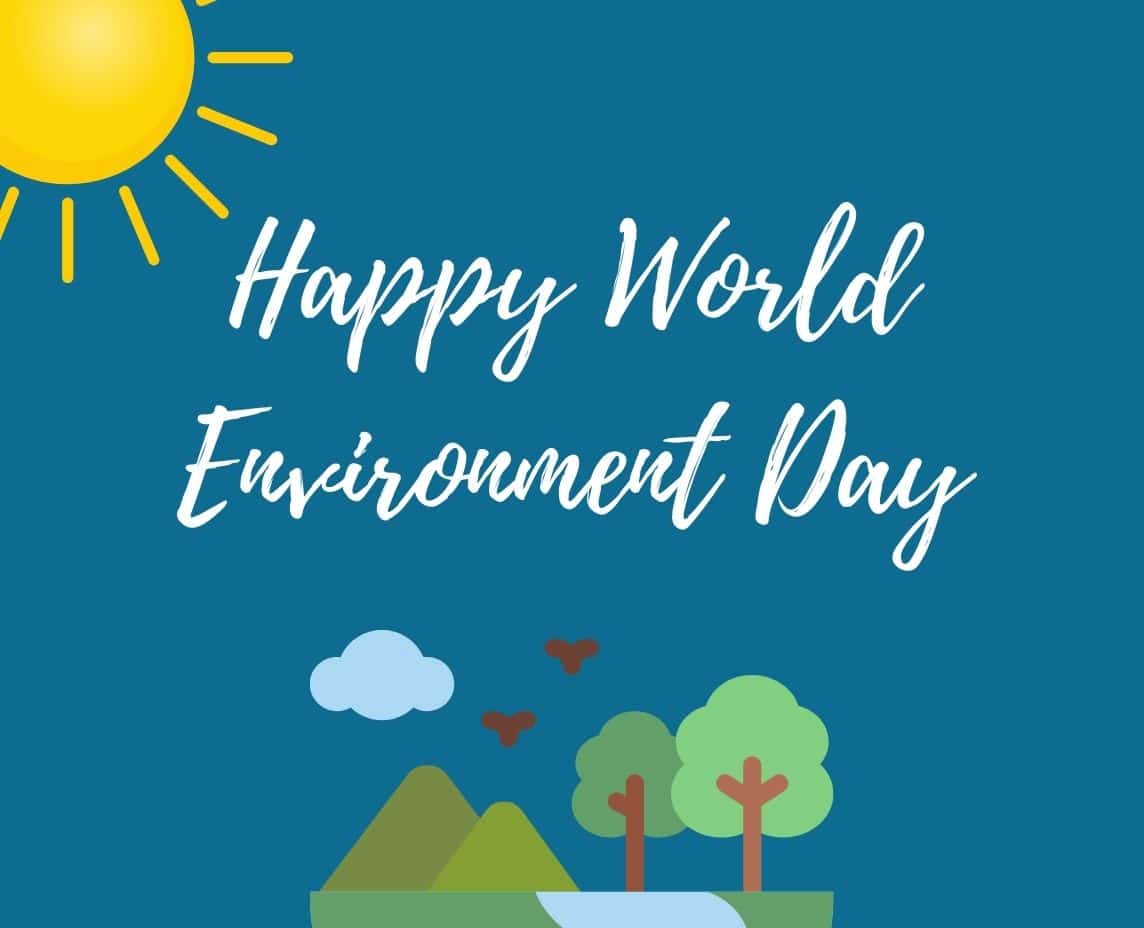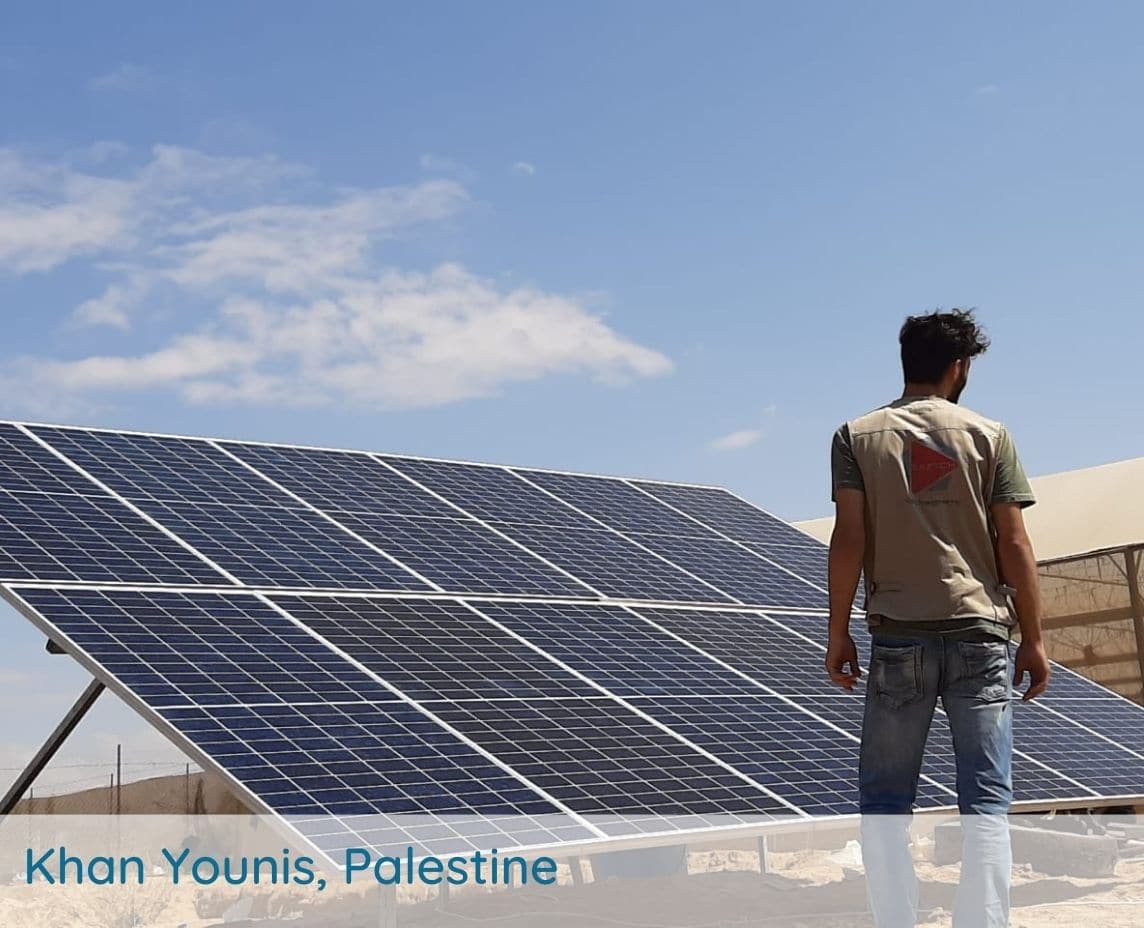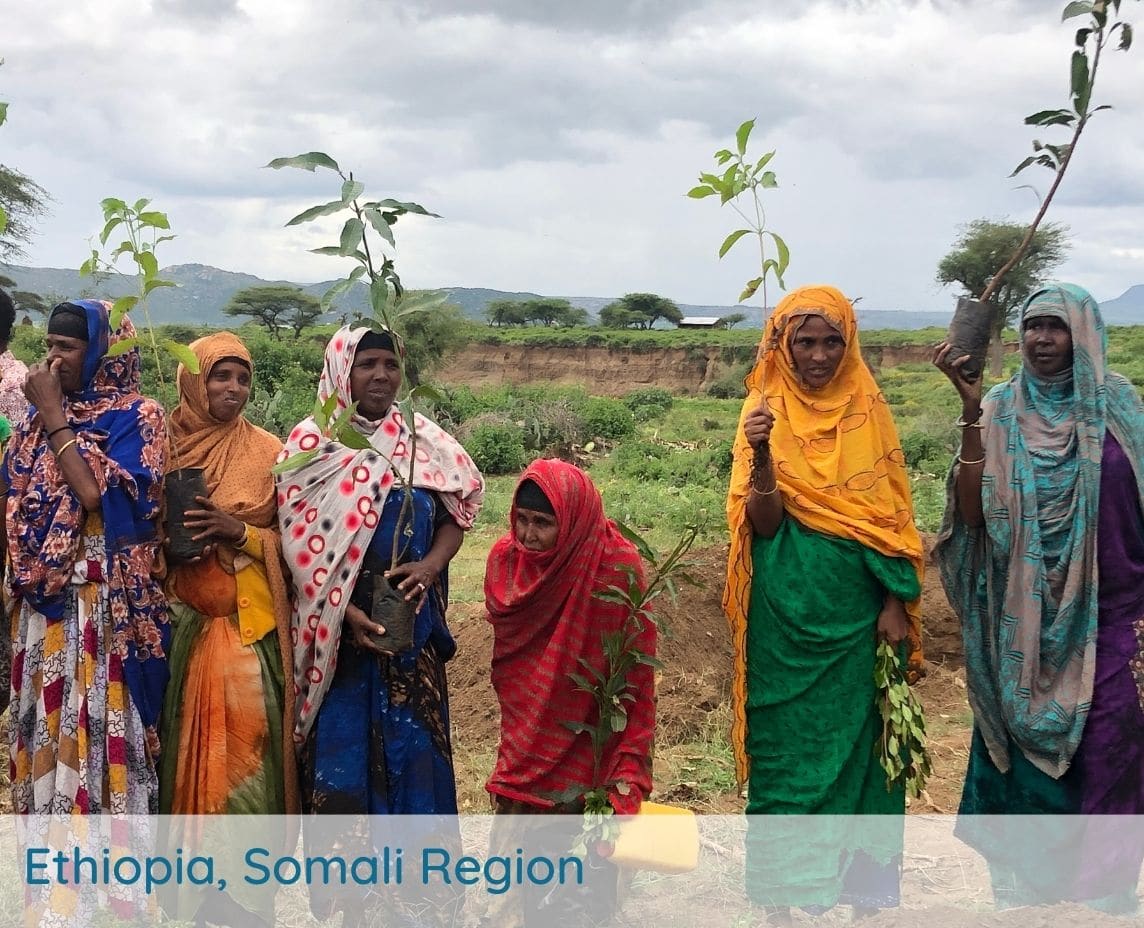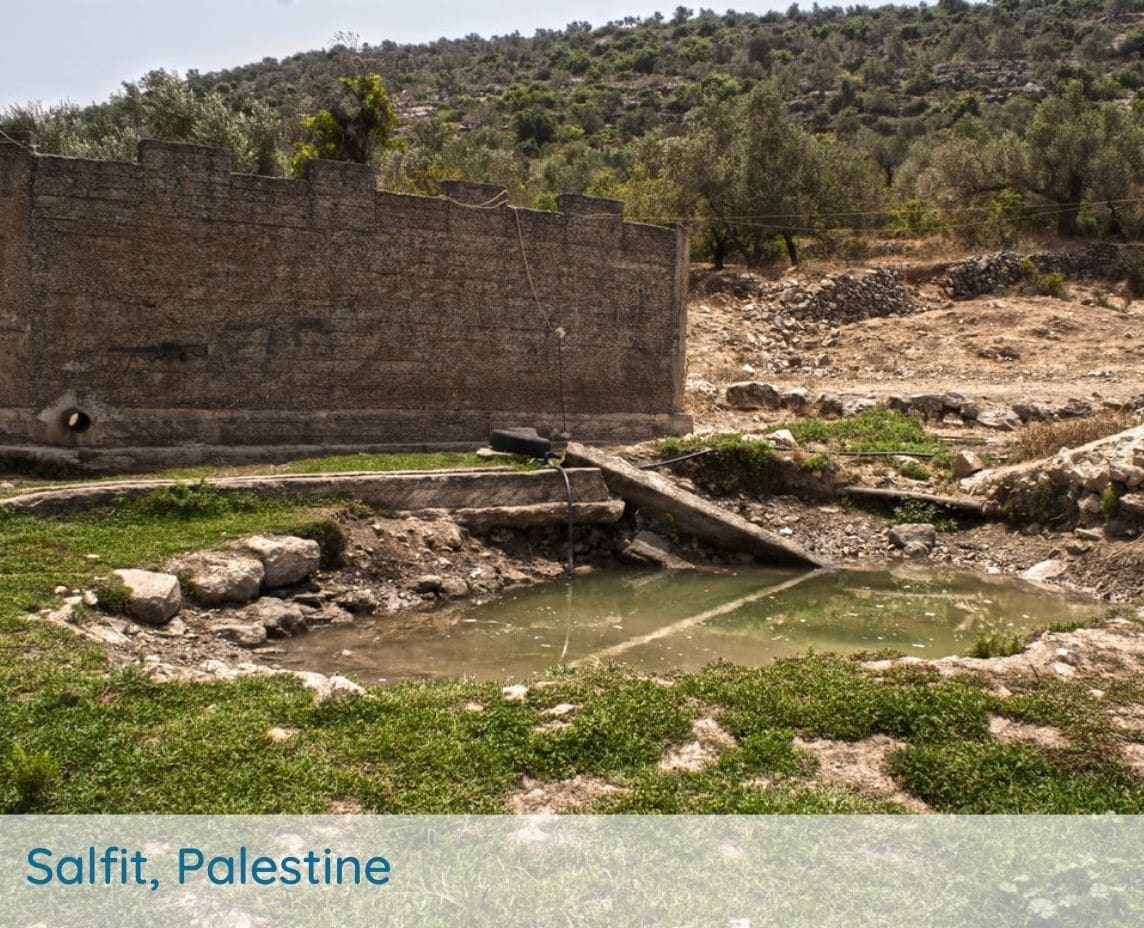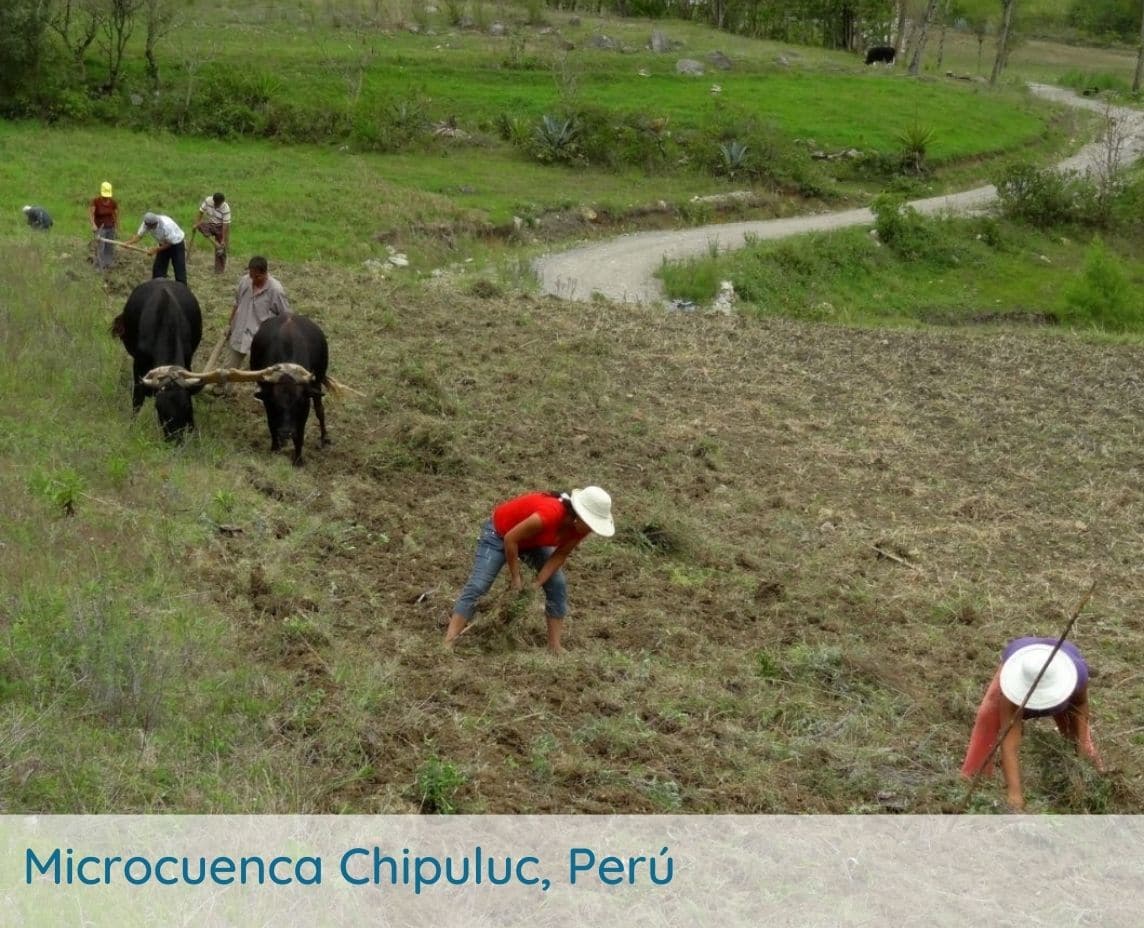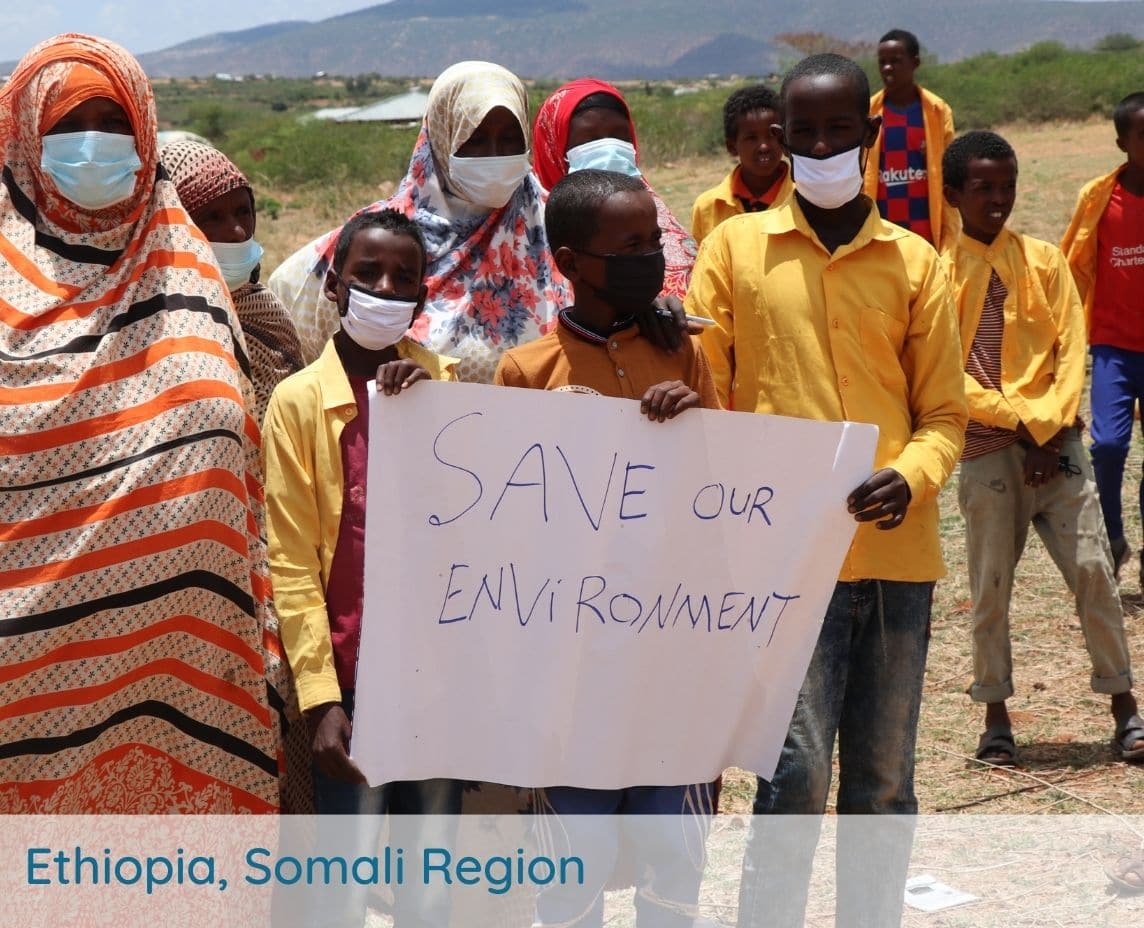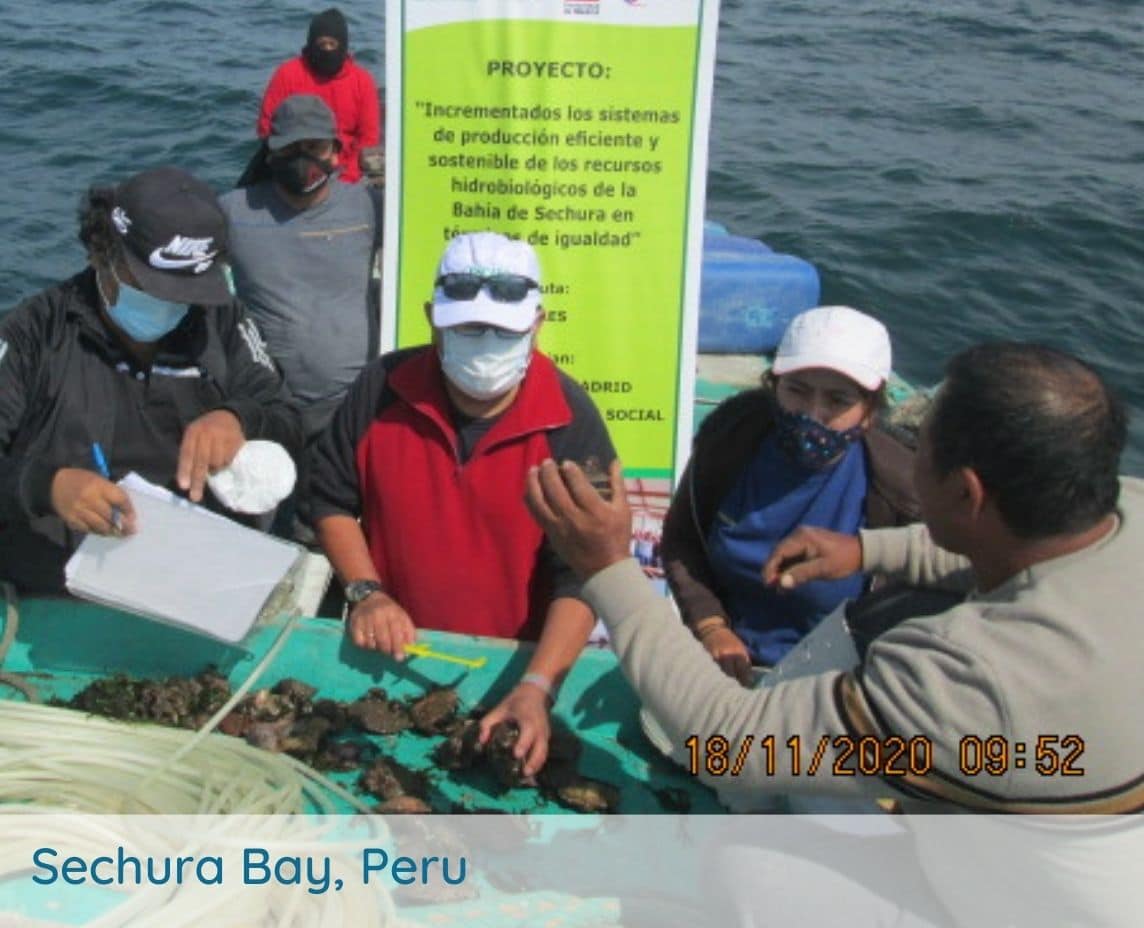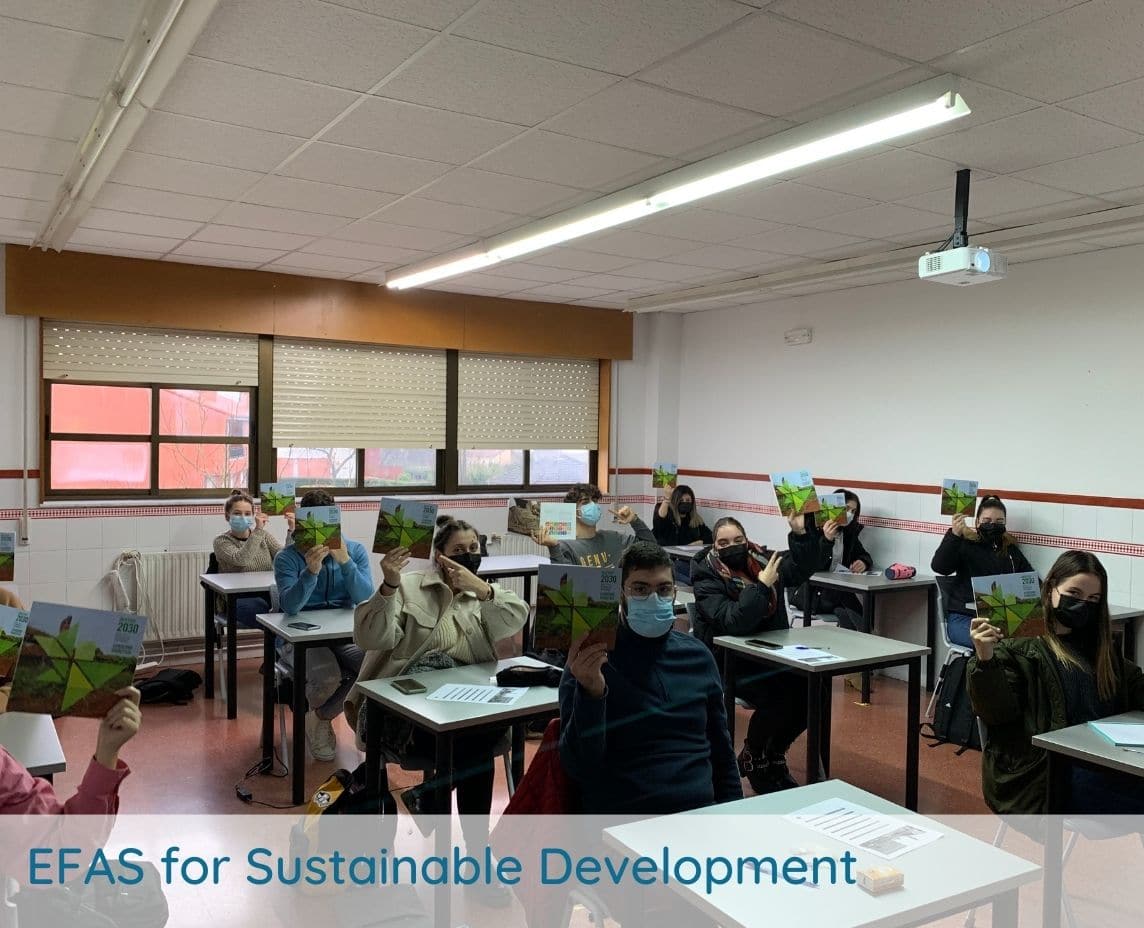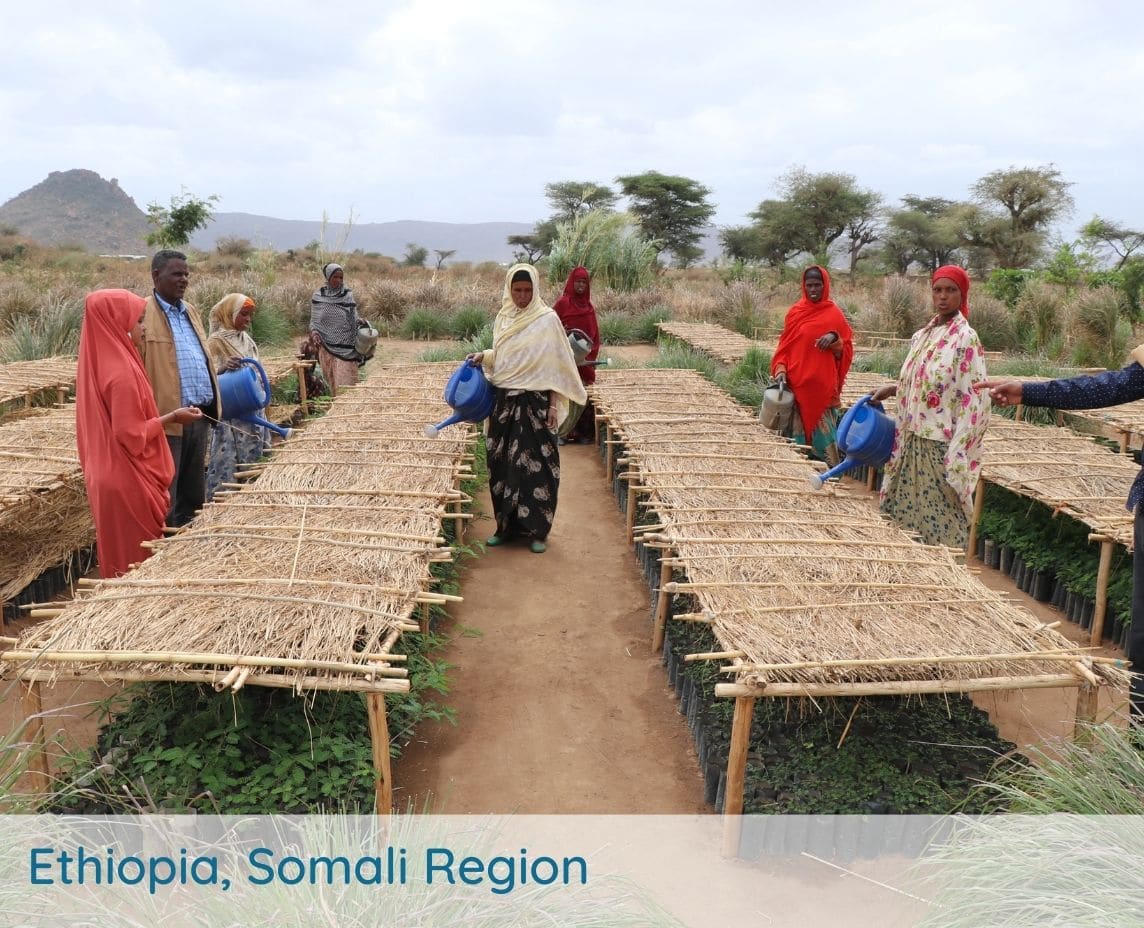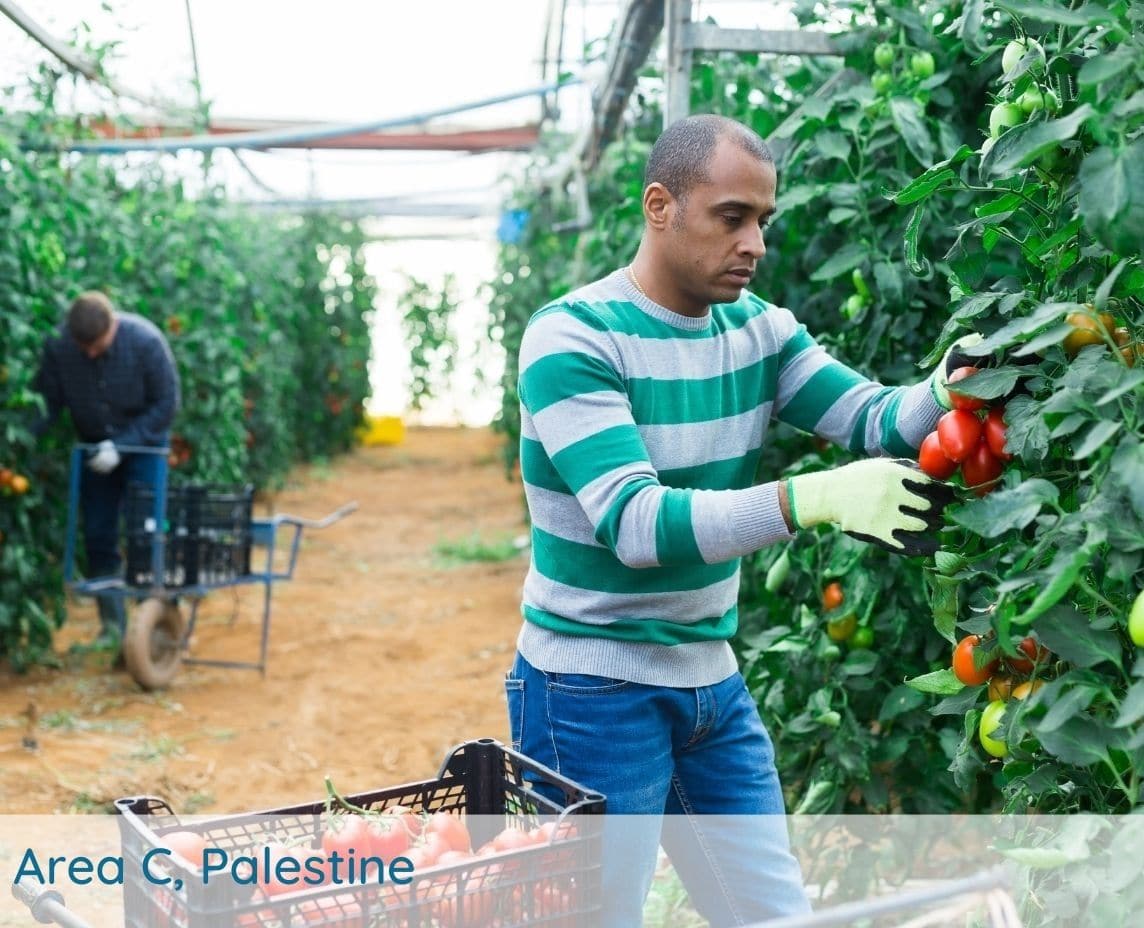We are acutely aware that we have the opportunity and the responsibility to correct the course of our planet and the life of its ecosystems. In this regard, the United Nations reminds us that we must be the generation that makes peace with nature: repairing what has been damaged and protecting what remains.
At the Foundation, our commitment to the environment is an absolute priority. Furthermore, the SDGs of the 2030 Agenda that we implement in our projects pursue the ultimate goal of achieving sustainable development for both the Earth and its inhabitants.
To contribute to this task, the Foundation, together with the National Union of Family Farming Schools (UNEFA), has created the initiative “Goal 2030: EFAS for Sustainable Development”, an Education for Development and Global Citizenship (EpDCG) project. The aim of its activities is to raise awareness of the SDGs among students, conveying the importance of young people as agents of change. This initiative is carried out within the framework of the agreements financed by the Spanish Agency for International Development Cooperation (AECID) for rural development that the Foundation implements in Palestine and Ethiopia, with a focus on human rights and gender.
In this line, in the agreement in Palestine, with our partners Palestinian Agricultural Relief Committees (PARC) y Rural Women Development Society (RWDS), we contribute to the improvement of resilience and capacity building of the vulnerable rural population, through initiatives that guarantee access to water, the use of renewable energies and training, promoting their capacity to adapt to climate change:
Solar panels have therefore been installed in Khan Younis,in southern Gaza, providing farmers with clean energy to extract the water they need for their crops.
Also with the support of AECID, and in consortium with PARC, the Foundation has initiated a project to empower young Palestinians in Area C in a sustainable and equitable way vis-à-vis COVID-19 through the agribusiness sector.
Moreover, in the vulnerable communities of Yusuf, Qira and Marda (in the West Bank Governorate of Salfit), we have implemented a project financed by the Prince Albert II of Monaco Foundation, and implemented together with together with our local partner, to enable them to sustainably manage their limited water resources. To this end, we provided various trainings, exchange visits between staff from different communities, as well as the rehabilitation of the double spring in Yusuf and the construction of cisterns.
In the agreement in Ethiopia, through a consortium agreement with the NGO Rescue and local partners Ethiopian Catholic Church Social and Development Commission (ECC-SDCO)-Harar and Horn of Africa Voluntary Youth Committee (HAVOYOCO), our aim is to contribute to the task of slowing and reversing environmental degradation and thus combating the effects of climate change by sustainably restoring the local environment.
Eleven hectares were rehabilitated in 2020, thanks to the construction of terraces, ditches and dams. In addition, more than 42,000 trees produced in a nursery with the collaboration of more than 1,300 Somalis were planted. To continue raising awareness among communities in the Somali region, a meeting will be held on the occasion of Environment Day, where local authorities will be invited to the rehabilitated areas to attend a technical workshop on sustainable practices and exchange experiences.
On the other hand, also in consortium with ECC-SDCO and the support of AECID, we have recently initiated a new project aimed at strengthening the rural resilience of the West Harghe community. The project activities aim to improve access to clean water through the installation of wells and solar-powered latrines, increase productivity and food production through the incorporation of climate-sustainable agricultural practices, and provide advice to rights-holders in order to raise awareness of the importance of the environment.
Following the line of sustainable and environmentally responsible practices, the Foundation also has a project underway in Peru to develop comprehensive strategies to help fishermen, fish farmers and their families in Sachura Bay to face the challenges of natural disasters and climate change and to protect the coastal environment. In addition, in order to cope with the harsh consequences of the impact of the Pandemic caused by COVID-19, a specific procedure has been designed so that this does not hinder the resumption of all activities planned in the framework of the project, which is implemented in consortium with the Peasant School of Education and Health (ESCAES) and financed by the Community of Madrid.
On the other hand, in the vulnerable rural communities of the Chipuluc micro-watershed, also in Peru, the Foundation has initiated another project with ESCAES and the support of the Generalitat Valenciana, focused on sustainable agricultural and rural development actions, so that the natural resources of the micro-watershed’s environment can be conserved and protected.





